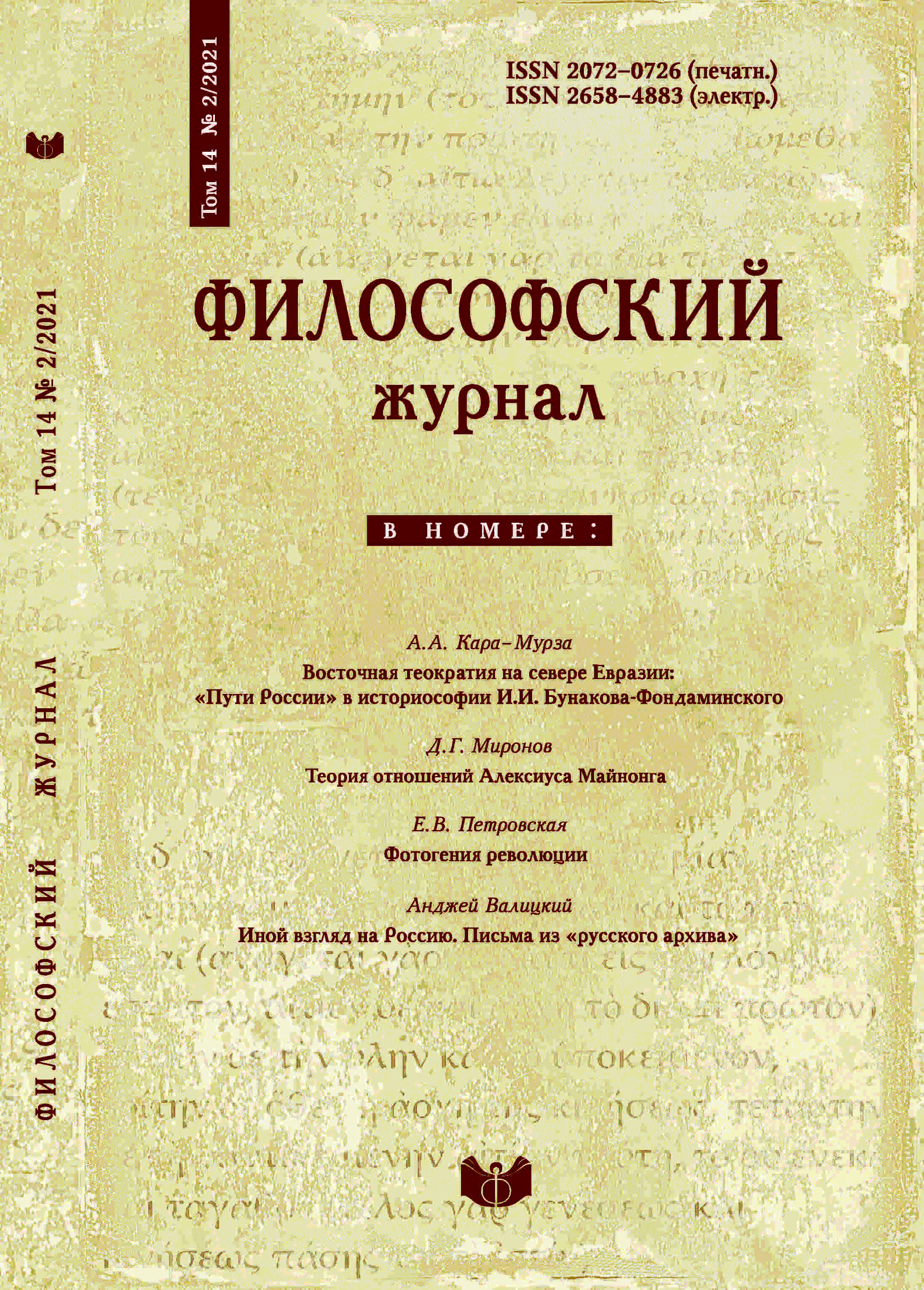The metaethical assumptions of arguments from evil
DOI:
https://doi.org/10.21146/2072-0726-2021-14-2-123-137Keywords:
problem of evil, metaethics, philosophy of religion, God, theismAbstract
The aim of this paper is to analyze the metaethical assumptions of arguments from evil (AE). In the first part of the paper, I discuss the main conceptual ingredients of AE: divine attributes and the concepts of gratuitous and horrendous evil. Then, I argue that AE are incompatible with metaethical antirealism because their premises might be true in the relevant sense only on realistic assumptions. I further argue that metaethical naturalism makes AE circular and metaethical supernaturalism renders them incoherent. The only form of realism that seems compatible with the arguments from evil, as I argue, is nonnaturalism. In the second part of the paper, I argue that although coherentism might be used to construe arguments from evil, it makes such arguments dialectically weak because it seems more rational for a theist to deny the reality of gratuitous and horrendous evil then to deny the reality of God. I further show that moral intuitionism might explain why the denial of these kinds of evil might be difficult for theists. In the third part of the paper, I argue that the arguments from evil presuppose an external relation between moral judgements and motives as well as an indefeasible necessary relation between reasons and motives in God.






